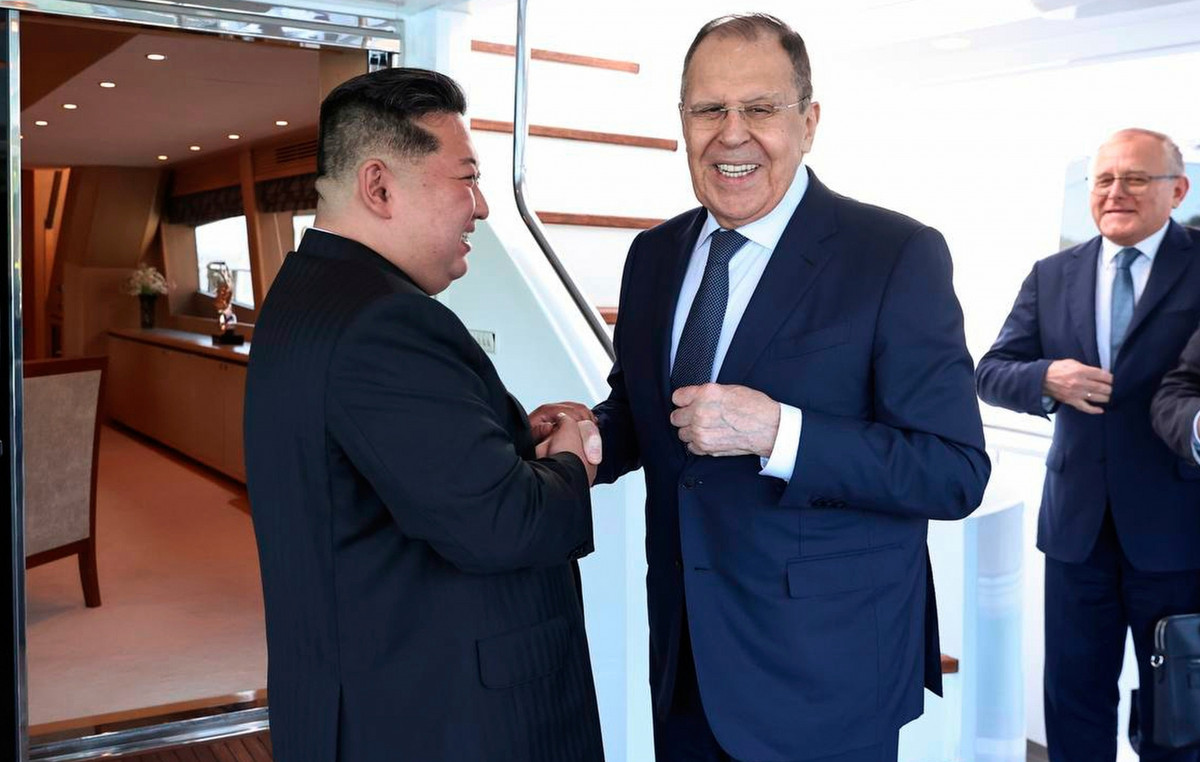We know that the iron must be struck while it is hot but, in this case, it really seems that he didn’t wait even a thousandth of a second before giving the second hammer. Not even a year after the end of The House of Paper, indeed, Netflix, riding on the success of Squid Game, has decided to decline the formula of the series adapting it to the Korean social and political context, giving life to a remake with a very unoriginal title, The Korea Paper House. The series, which will arrive on the platform on June 24, starts, however, from a historical premise very different from reality: the social context within which the episodes are articulated is, in fact, that of a unified North and South Korea, united by the same currency and a system that has seen the rich get richer and the poor get poorer. Hence the idea of putting things right through a team of thieves that brings together both citizens of North and South Korea and who, under the guidance of the Professor on duty, try to land a robbery capable of writing history .
From what we intuit, it seems that the action of The Korea Paper House takes place primarily in a joint security area located on today’s border between North and South Korea, land where a mint ready to print a new unified currency, the basis for building a solid and stable economy for both countries. The Professor’s plan is, of course, to steal the money that has not yet been issued and thus stop the economic unification program, creating a very different historical and political precedent from the one on which it rested. The House of Paper original and capable, in fact, of making the remake interesting especially for the still very tense relations between the two countries. The series, directed by Kim Hong-sun and produced for Netflix by BH Entertainment and Zium Content, was written by Ryu Yong-jae, big fan of the Spanish series who, however, has decided to imprint his own vision on this tour.
Content
This content can also be viewed on the site it originates from.
Through white masks that are no longer those of Dalì but those Hahoe inspired by Korean theater culture and a cast ranging from Yoo ji-tae in the role of Professor to Jung Jong-seo in that of Tokyo to Park Hae-soo – already seen in Squid Game – in that of Berlin, the remake chooses a hybrid dimension between tradition and innovation so that the public can fall in love with the story as if they were seeing it for the first time. On the other hand, it wouldn’t be the first time that a remake would be more successful than the original series – let’s think about it Ugly Betty, American remake of the Colombian original Betty la fea, but also a Queer as Folkremake of the British version of the same name -, and something tells us that nostalgic viewers of the House of Paper and still fascinated by the phenomenon of Squid Game they could follow this story with interest and curiosity, hoping that the Spaniards do not tie it to their finger.
The Paper House 5: the ending we did not expect (and it was better this way)
The Paper House 5: behind the scenes of the last act
Without Borders: the new life of Álvaro Death after The House of Paper
To receive the other cover of Vanity Fair (and much more), subscribe to Vanity Weekend.
Source: Vanity Fair







